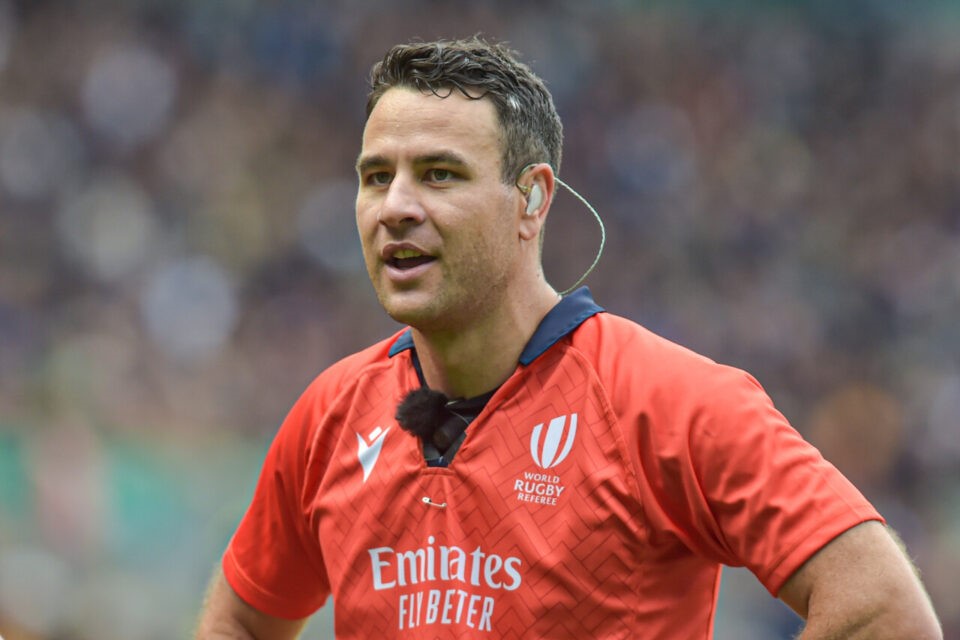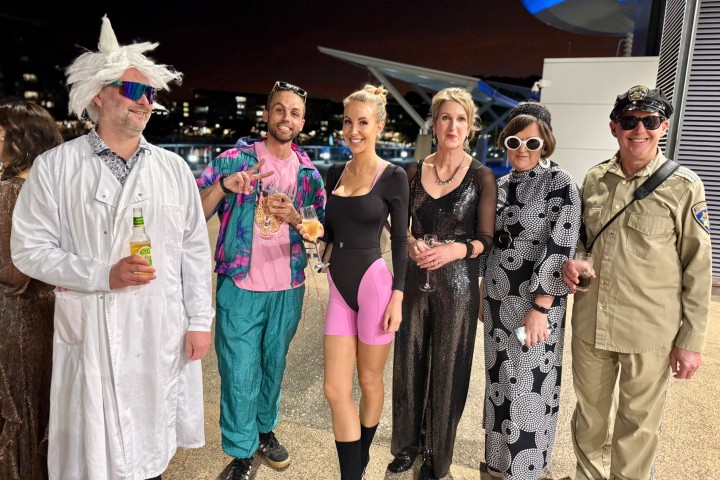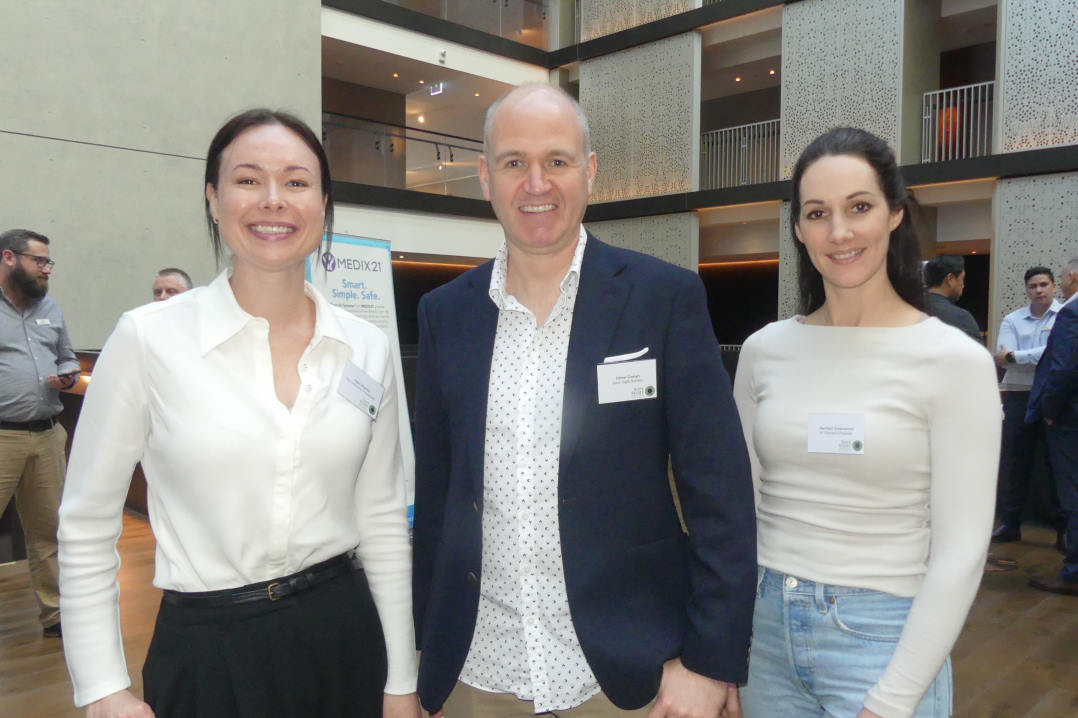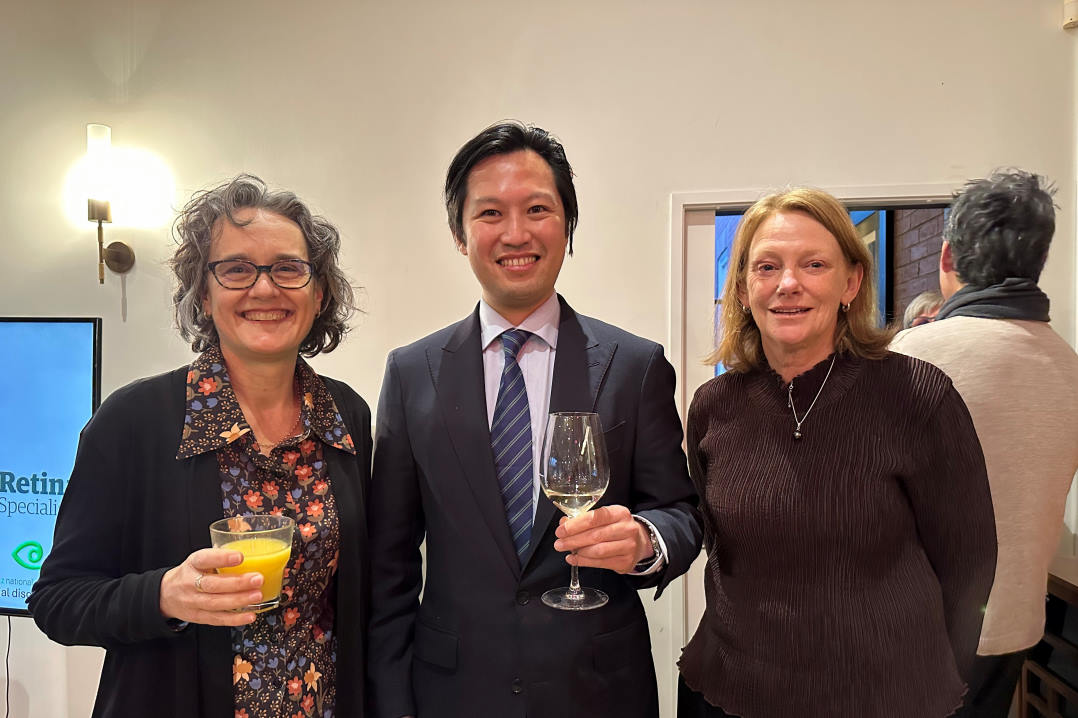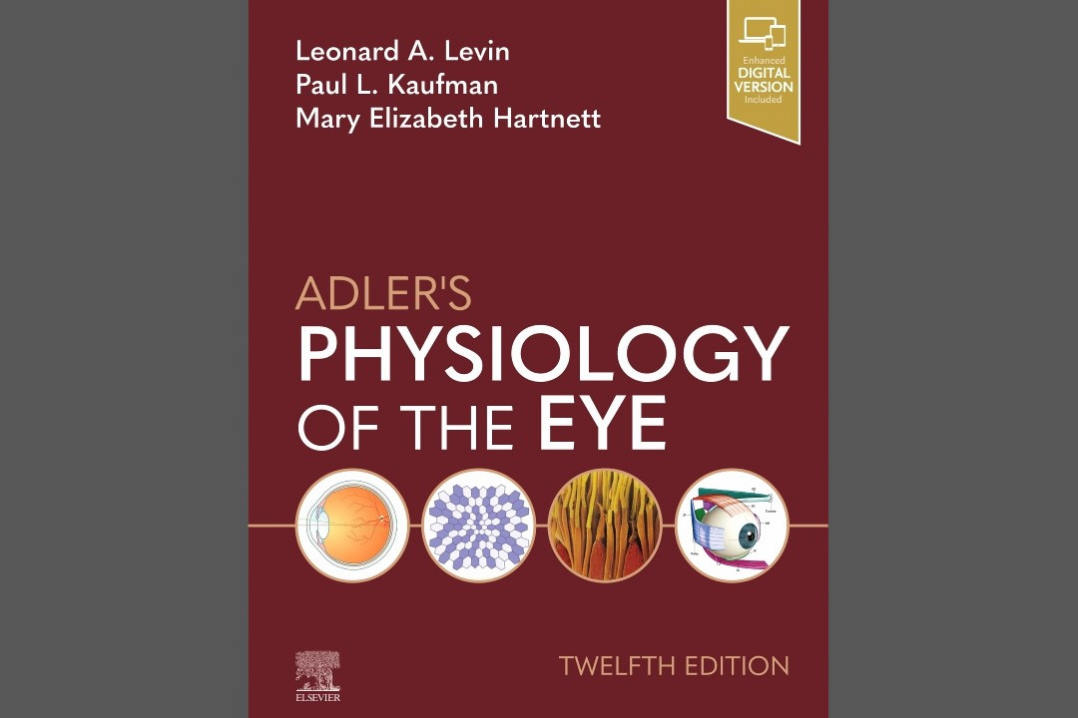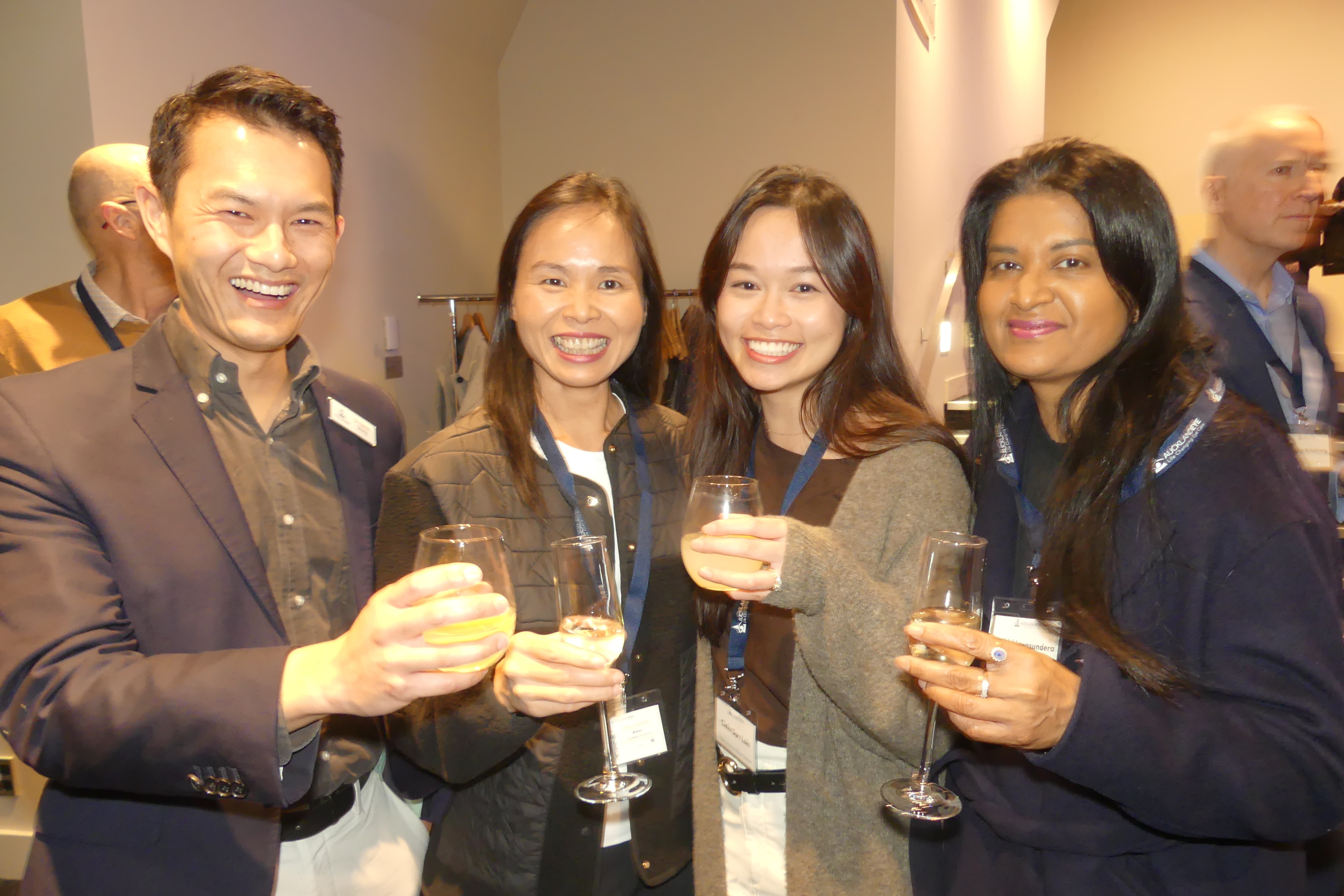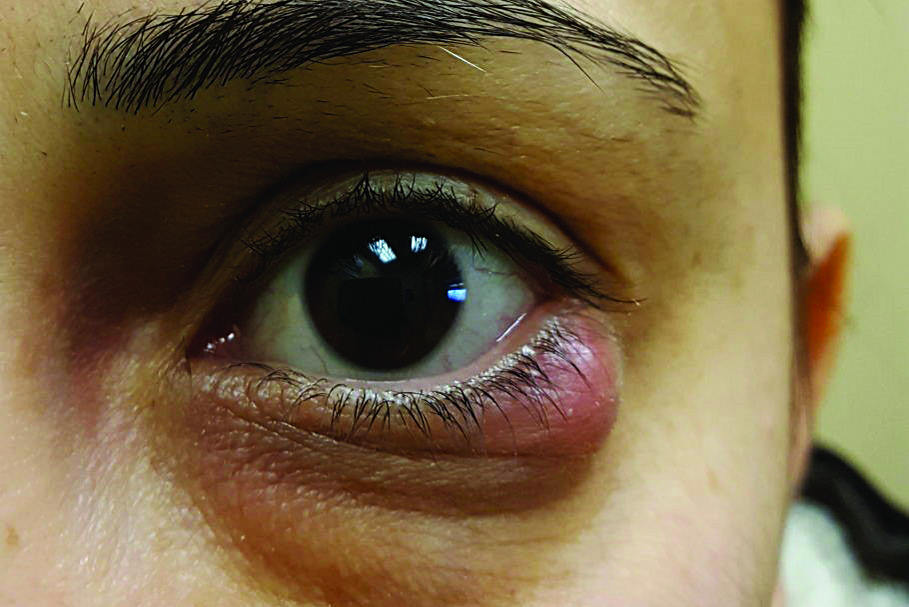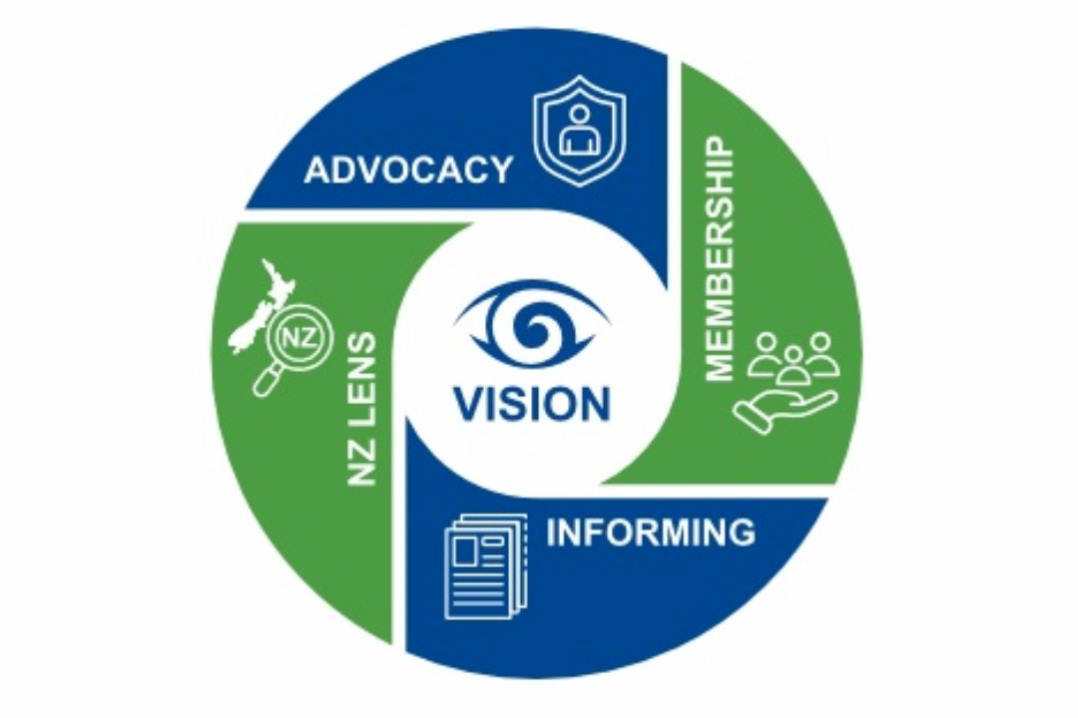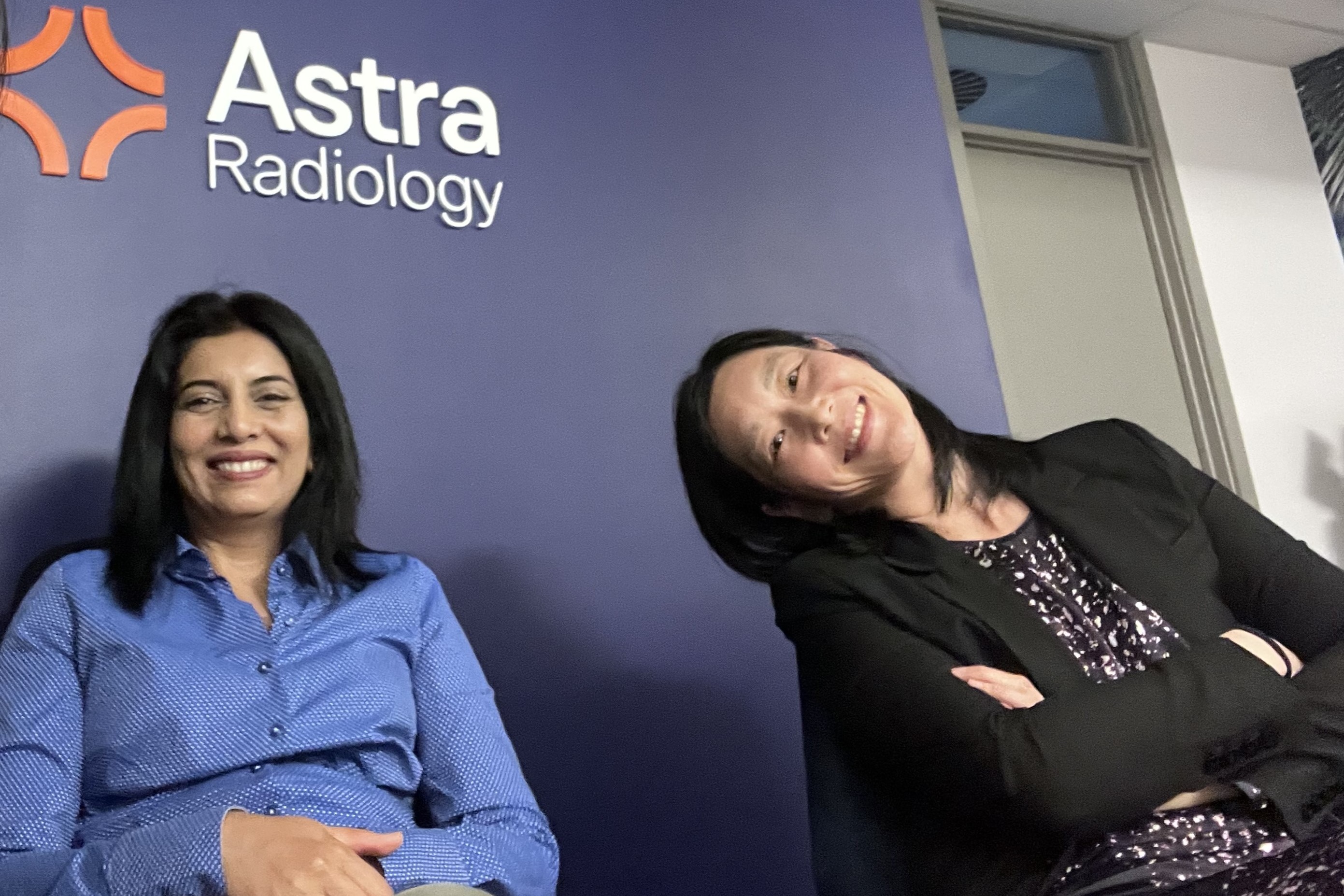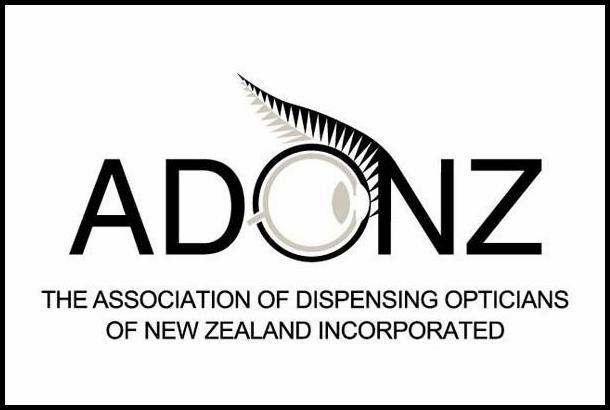Ophthalmology & reffing on the world stage
New Zealand’s Dr Ben O'Keeffe, a non-training locum ophthalmology registrar and two-time Rugby World Cup referee, took time out to talk to Susanne Bradley about his love of the game and how his two careers help balance him.
What came first – rugby or dreams of working in medicine?
Rugby came first. Growing up in New Zealand I’d played rugby pretty much my whole life, but when I tried out for the University of Otago team in my second year in Dunedin, I realised I just didn't enjoy it anymore. I knew I was an OK player but not great; I knew I was never going to be an All Black. Then my father, who was a referee back home in Blenheim, suggested I should start refereeing if I wanted to stay involved in the game. So I did. It gave me something to do on the weekends outside of studying through medical school.
It wasn't until I was doing my first year as a non-training registrar in ophthalmology that I started doing National Provincial Championship and Super Rugby. I found being a referee was really helpful for my physical and mental balance, especially when I was working full-time.
How did you come to specialise in ophthalmology?
I really enjoyed surgery and I love fixing things. Ophthalmology seemed like the perfect mix of medicine and surgery, plus you can really make a difference to people’s lives. I also enjoy when people come in and there’s something wrong with their vision, they can still talk to you. They can tell you about their day and you can have a conversation – I like that environment. All those things combined just makes it the best specialty.
Are there any transferable skills between the two roles, medical doctor and rugby referee?
I think a lot of the experiences I have had in medicine really help me on the rugby field. You have to make decisions under pressure with thousands of people watching and you have to communicate clearly. The players on the field may not like the decision you’re making but it’s important they understand it so they can change their behaviour.

Dr Ben O’Keeffe at the 2023 Rugby World Cup...
Working in clinics and surgeries right through med school and early in ophthalmology training, you're constantly under pressure, constantly having to make decisions and having to be aware of your body language and explain complex things to patients. Early on, I was refereeing on the weekend and the stuff I was learning on the field was really helping me during the week in my clinics. The two roles really complemented each other.
Did you receive any training to enhance those decision-making and communications skills?
Not really. In medicine and rugby, you just get thrown in and it’s a ‘sink or swim’ situation. You learn as much as you can through colleagues who are willing to share, but a lot of it is self-directed.
What was it like, being one of 12 main referees at the World Cup in France?
An event like the World Cup is incredibly special; I loved it. I had been to one in Japan as a newbie World Cup ref but this was the one where I really wanted to lead from the front and use all my experience to do a really good job for the players and everyone watching.

...with one of his World Cup shirts...
Professionally, the games I was involved in were an obvious highlight. I was refereeing Ireland vs South Africa, one of the biggest pool games and one of the best games at this World Cup. The whole experience meant it went to another level for me, in terms of understanding what it’s all about. Being one of the top referees in the world, you're going to be doing the biggest games and you're going to be under the microscope, which gave me a real drive to know that I still have a lot to learn. I’m hoping to make those incremental improvements to be even better for the 2027 Cup in Australia.
On a personal level, it was also a full-circle experience. I did a six-month exchange in France when I was 16, so being at the World Cup gave me the opportunity to go back and see my host family again, which was pretty special.
You were involved in a couple of calls that sparked controversy. How did you manage the situation?
You do a lot of work before the game. For years you build up processes and blueprints around how you observe decisions on the field. As referees, we are constantly reviewing what we do, making small adjustments, week in, week out, so by the time you get to a World Cup, you’ve refereed for 10 years already and the window of errors is getting smaller and smaller. Very rarely should you make a big decision incorrectly.
In the game, you just have to trust the decisions you are making. I can't review them right then because I’ve got more decisions to make during the game. If I was to worry about the decisions I made in the first five minutes, it would snowball. So you’ve got to keep moving and we do a lot of training around that. Trusting your process is also very important and, when you do your review, you must be honest with yourself and reflect on the reasons you got it right, or you got it wrong. We're always going to make errors in the game, but we constantly go over and learn from them to ensure we don’t repeat them.
Importantly, rather than listening to the thousands of people who have an opinion, you also need to make sure you are taking advice from the right people. I trust the people around me who I look to for advice when I'm trying to work out if decisions are right or wrong after a game.
How did you deal with being the target of abuse and threats on social media?
I don't really look at social media much anymore. Through time and experience I’ve come to understand that it's just people with an opinion and usually they don't know the laws – these are emotional reactions to their team losing.
I remember watching games with other referees doing a really good job but they’re still getting abuse in the media and online as well. And then I realised you can do a good job but people are still going to have an opinion.

...and capturing a retinal image of former PM Jacinda Ardern. Credit: oDocs
Ultimately, I try to find that balance of being as private as I can, but I also feel a responsibility to show the world that we are accountable and we're vulnerable. A lot of referees have contacted me to thank me for what I do, because it makes their job a bit easier, knowing that you can still get things wrong. You still get abuse when that happens but you know you can still do a really good job. So, yeah, it gets easier and you just manage it a little bit better.
Given the concerns around head knocks in rugby, do you think the contact tackling rule changes made prior to the World Cup made a difference?
Safety is a massive issue in rugby, especially with the lawsuits in the UK involving what has happened to players previously. Rugby needs to be seen to be dealing with the safety of players a lot better and I think we have been doing that over the last eight years by making incremental changes in the game. The issue is getting the balance right between making sure the game is really safe but still enjoyable for people to watch.
What are you up to now and what’s next?
Well, we have another World Cup in four years so I’m really looking forward to another cycle. I’m also excited to continue my work with Dr Sheng Chiong Hong and oDocs Eye Care, and we’ll hopefully add some consultants to our roll down in Dunedin.
While I’m still refereeing, I’ll continue to work locally, locuming and helping out as much as I can. I’d like to continue to do both. I really enjoy the balance it offers me. The goal is to carry on refereeing to about 45 or late 40s and then we'll see what opportunities come up along the way. Either way, it’s exciting!









